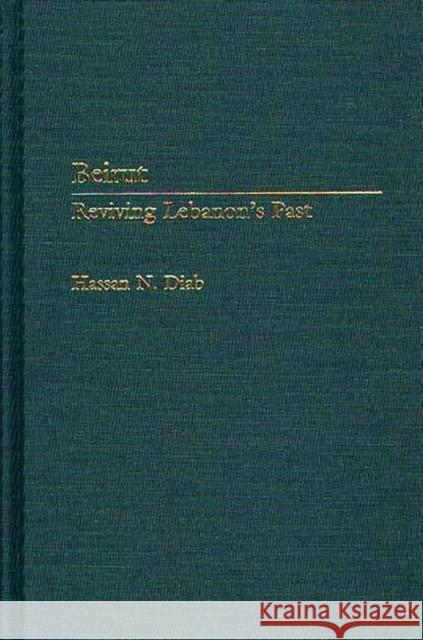Beirut: Reviving Lebanon's Past » książka
Beirut: Reviving Lebanon's Past
ISBN-13: 9780275962104 / Angielski / Twarda / 1999 / 144 str.
Diab examines the social repercussions of Beirut's role as a financial, trade, and banking center in the Middle East during Lebanon's post-independence years (1943-1975). He investigates the development of Beirut and its early financial involvement in the region, particularly through the introduction of the cash crop, silk, to Mount Lebanon. He examines the impact of such involvement on steering the Lebanese social structure and economy to meet the needs of capitalist expansion into the Middle East. As capitalist interests sought to transform Beirut into the Switzerland of the Middle East, social and regional disparities increased. Professor Diab presents statistics and other data to show the magnitudes of the disparities that plagued the country and led to increased social unrest.
By highlighting the social burden that Beirut's role placed on the Lebanese social structure, Diab exposes the limitations of current developmental strategies that aim to revive Beirut's earlier role in the Middle East, and he asks what are the social costs involved in insisting on restoring Beirut to its previous role? What can be done to prevent the current predicament from producing the kinds of socioeconomic disparities that plagued the post-independence years? An important revisionist study, this will be of particular interest to scholars and students of social, economic, and political change in the Middle East.











